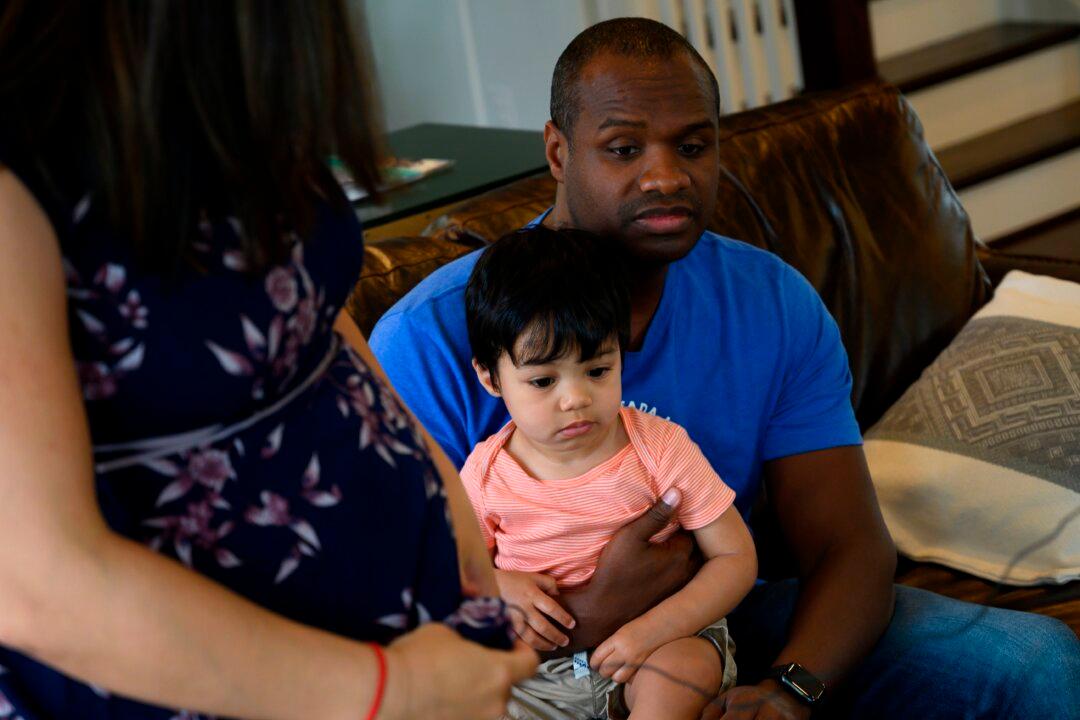WASHINGTON—U.S. Census Bureau data shows that, while slightly more than 60 percent of American children live with their biological or adoptive parents, the downward trend has flattened out and may be heading in a positive direction, according to the Institute for Family Studies (IFS).
“As recently as 1960, less than two in 10 children lived apart from two married parents, a reality which was approximately stable as far back as 1850,” according to IFS research fellow Lyman Stone, author of the new study published Jan. 15.





